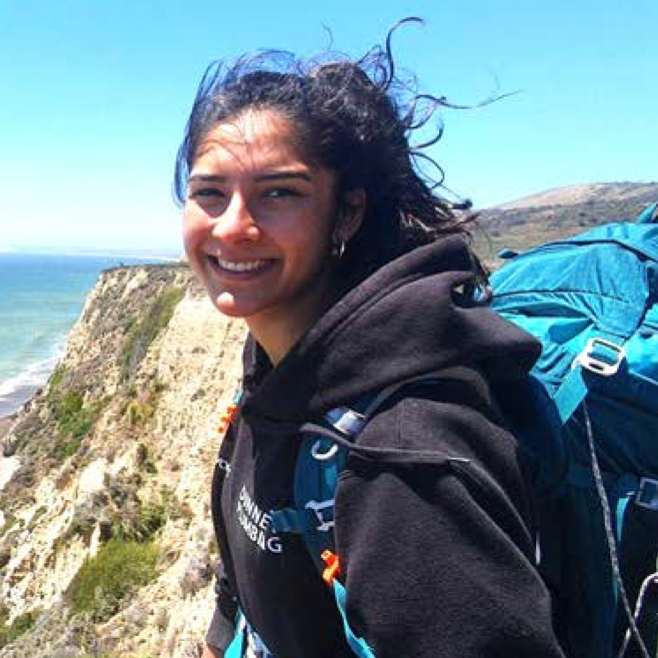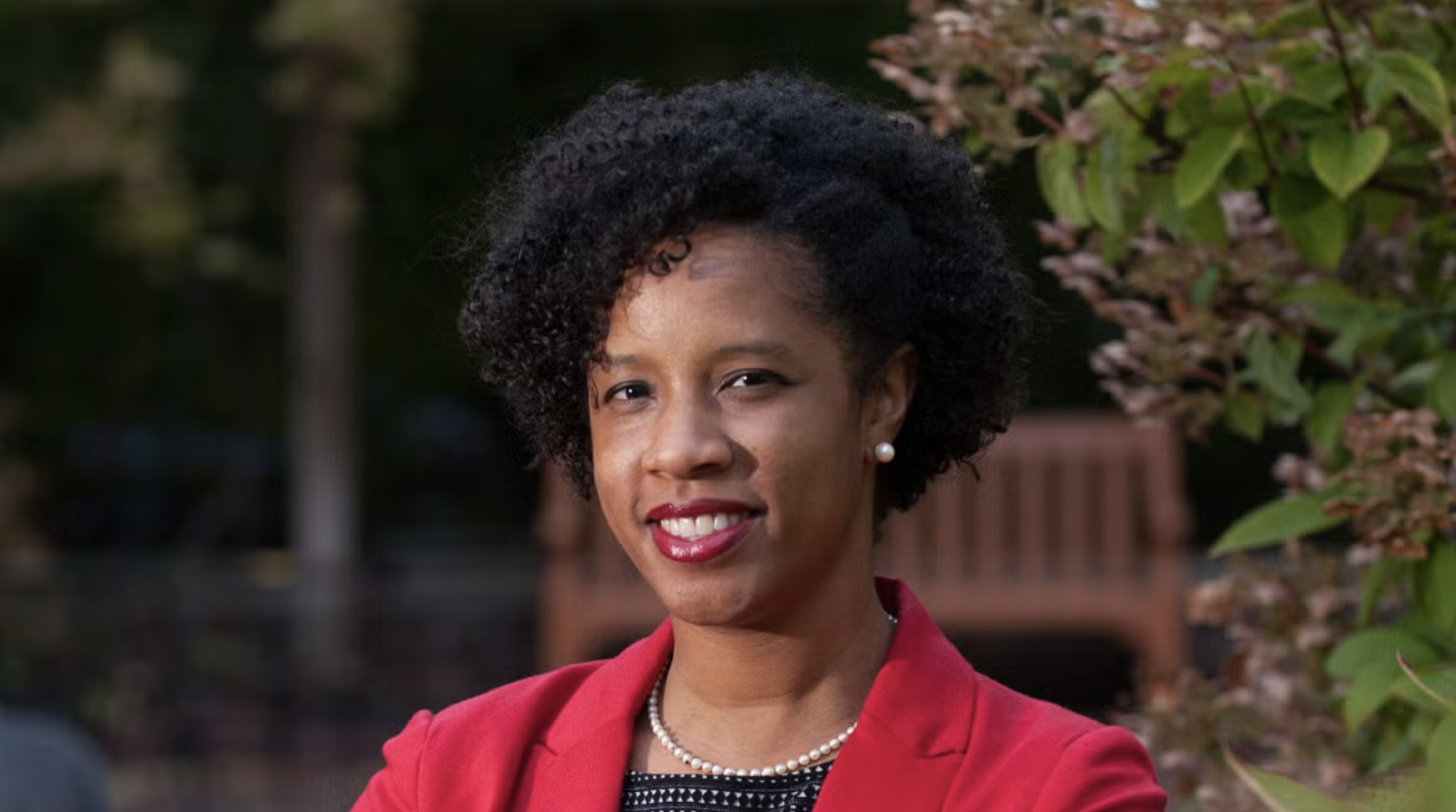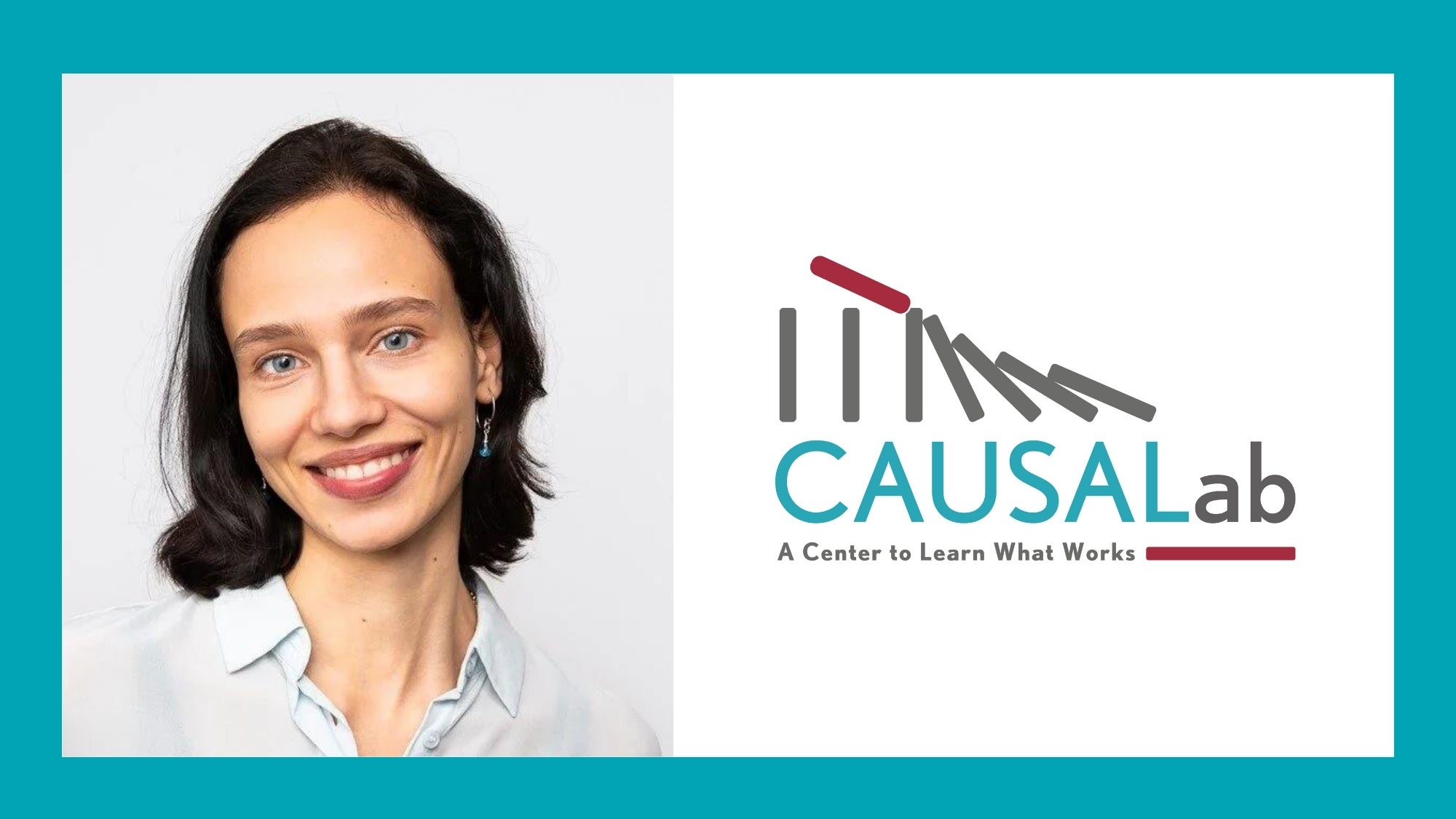Meet Our New PhD Students!
 Randy Williams
Randy Williams
Hello! My name is Randy Williams and I’m from New York. I have a bachelor’s in mathematics from Fordham University and master’s degree in biostatistics from Columbia University. I first learned about the field of biostatistics from participating at Columbia’s Biostatistics Epidemiology Summer Training Program (BEST) as an undergraduate student. In 2015, I also participated in the Harvard’s Summer Program in Biostatistics and Computational Biology. Since I found these research experiences rewarding, I decided to continue in this line of work, pursue a MS in biostatistics and a career in research.
After graduating with an MS from Columbia University in 2018, I worked as an Associate Researcher at Mount Sinai Icahn School of Medicine in a bioinformatics lab. There, I analyzed placental genomic and epigenomic data to understanding how molecular traits shape an infant’s disease susceptibility and response to environmental exposures. I worked as the primary analyst in several projects in our lab group. While I was working in our lab at Mount Sinai, I was fortunate to be awarded a Diversity Supplemental Grant from NIH/NIAAA (R01AA027916-03S1) for one my projects titled “Insights into the cell-type specific effects of prenatal alcohol exposure in the human placenta”. The project involved improving the accuracy and precision of modeling the effects of prenatal alcohol exposure on placental gene expression using a longitudinal cohort study from Cape Town, South Africa. My work at Mount Sinai has been instrumental in helping me solidify my research interest in developing novel statistical methods for the analysis of epi/genomic data. I’m looking forward to being on the Genomics Training Grant, which will prepare me to pursue my research focus.
I am also passionate about paving the way for the next generation of biostatisticians by getting involved in diversity inclusion and recruitment activities. Prior to getting accepted at Harvard, I was involved in several outreach activities like working with Fordham C/STEP, a program for college and high school students from underrepresented backgrounds interested in STEM fields. As a PhD student, I hope to have the opportunity to participate in diversity inclusion and recruitment initiatives in Harvard’s biostatistics department.
In my free time, I enjoy going for long runs, painting, and drawing. I’m excited to join Harvard’s PhD program in biostatistics and meet everyone!
 Sophie Woodward
Sophie Woodward
Hello! My name is Sophie Woodward and I am from Highland Park, New Jersey. In May 2022 I obtained my bachelor’s degree in statistics and mathematics from Harvard College. I am interested in using biostatistics in order to understand the various factors that affect health outcomes.
During my most recent research experience as an undergraduate, I investigated the association between air pollution exposure and COVID-19 mortality with the group of Dr. Francesca Dominici using Bayesian hierarchical modeling. I am passionate about research in environmental health and epidemiology, and I look forward to learning more about these topics and others. Prior to this research experience, I studied non-monotonicity of gene regulation functions in the group of Dr. Gunawardena in the Systems Biology department at Harvard Medical School. At HSPH, I am excited to explore a wide array of research areas, with a general focus on causal inference, Bayesian methods, and environmental health.
In my free time, I like to run, hike, read, and bake. I look forward to meeting everyone!
 Hi! My name is Xin Xiong and I am from Chongqing, China. I graduated from Beijing Normal University with a bachelor’s degree in Statistics, and then pursued an M.S. in Biostatistics at HSPH this May.
Hi! My name is Xin Xiong and I am from Chongqing, China. I graduated from Beijing Normal University with a bachelor’s degree in Statistics, and then pursued an M.S. in Biostatistics at HSPH this May.
My interests in biostatistics started from a summer project at the University of Alberta, where I worked on efficient statistical methods to estimate dynamic functional connectivity for fMRI brain data. By utilizing a distribution tool to segment the time course based on BIC reduction criteria, our new methodology uncovered interesting brain patterns when applied to a novel reading-task fMRI data set.
During my graduate study at HSPH, my part-time research work in professor Tianxi Cai’s lab exposed me more to EHR data analysis. I joined two projects using the distributed learning strategy in high dimensional data with privacy concerns that are common in the collaborative EHR research. One project aimed to fit a sparse Cox model with group bridge penalty while another one targeted at developing a distributed clustering algorithm that would preserve local cluster structures. These two projects provided me more insights into using data aggregation strategies through summary statistics to circumvent the major privacy issue. I also gained plenty of experience in dealing with the raw health care data when collaborating with United Health Group, researchers from the Consortium for Characterization of COVID-19 by EHR (4CE) and Department of Veterans Affairs (VA). Such experiences also made me confirm that it’s the interplay between messy real biomedical data and neat, slick analytical tools in statistics that captivates me the most. By providing accurate, up-to-date, and complete information about patients at the point of care, I have seen the promising future of EHR study and would love to dive deeper into more related areas in statistics such as network analysis, statistical inference in high dimensional data and causal inference during my PhD study.
In my free time, I enjoy playing guitar and watching movies. I also started to learn playing violin after I came to Boston in 2021. Always dream to join a string quartet group even though I am just a novice at present.


